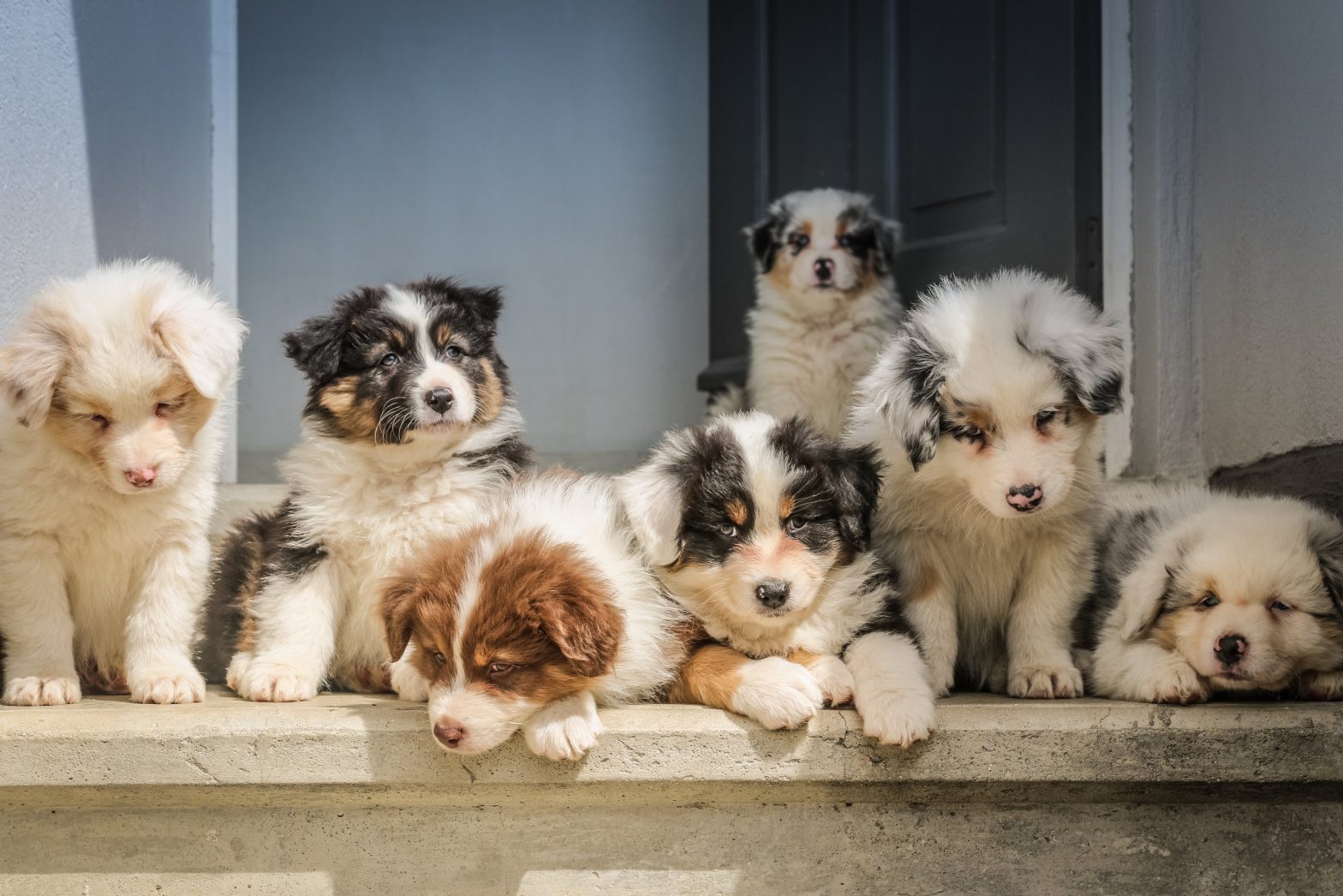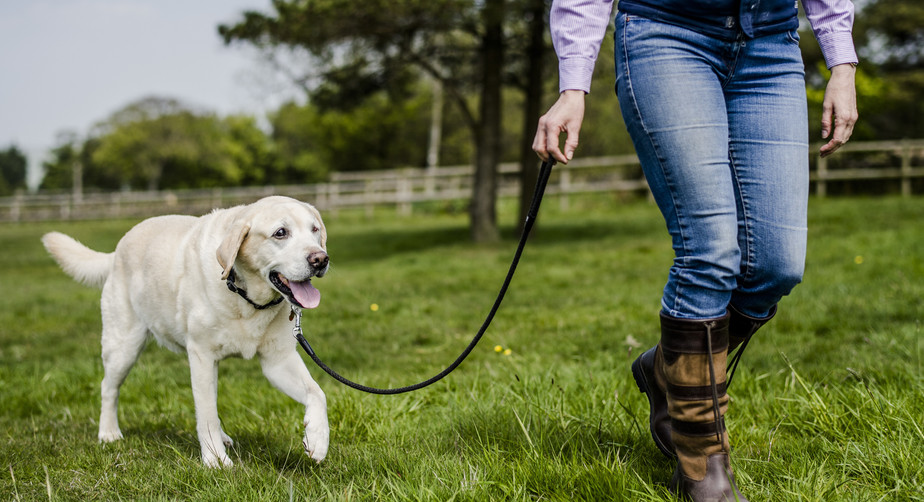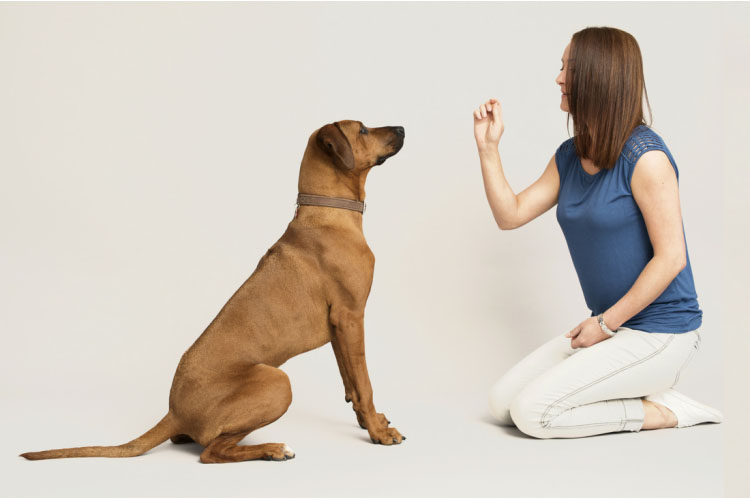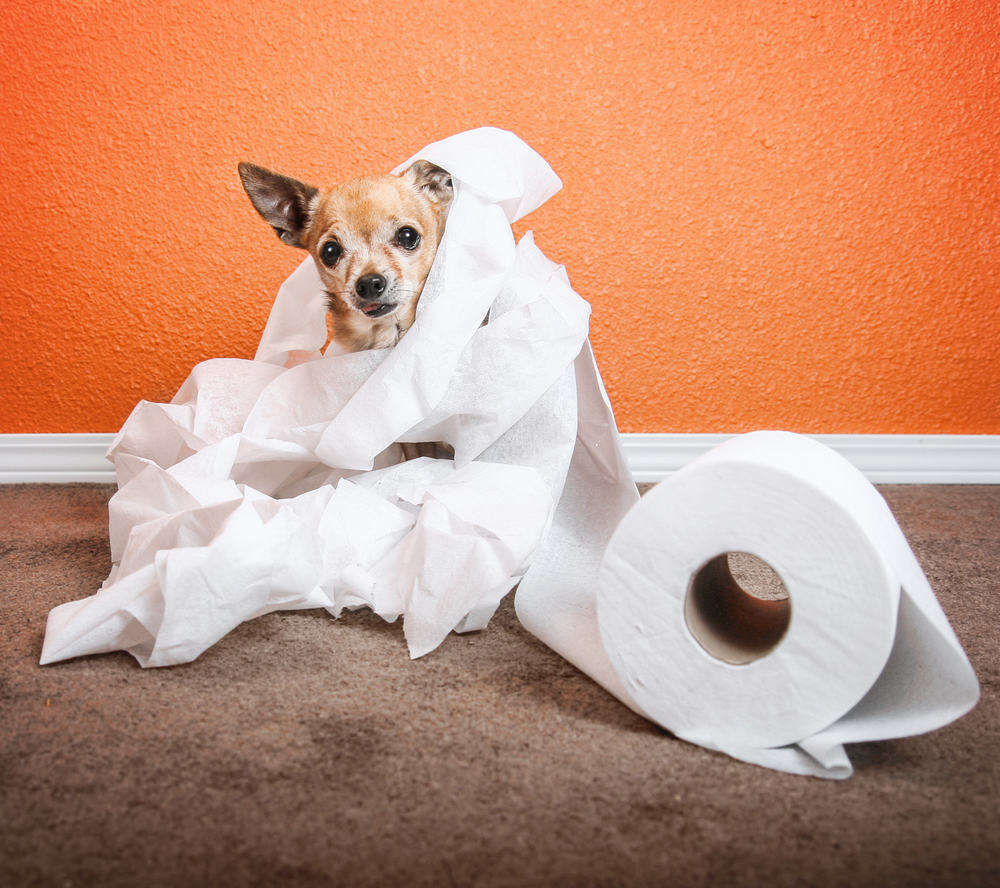Socialization:
It is extremely important to get your puppies out and about. During the age bracket of 6-18 weeks, your puppies are most impressionable; introducing them at this age to dogs, people, sounds, new environments, car rides, visitors, children, etc. will help your dog lead a well balanced and adjusted life. Use treats and praise to make positive associations to those listed above and below.
Triggers to look for: Canes, wheelchairs, baby carriages, skateboards, bicycles, scooters, bus-stops, construction, etc.
Things to Avoid: Areas that are not clean, street fairs & parades (TOO much stimuli)
Appropriate interactions: Puppy Socialization classes, one-on-one playdates, quick meet and greets on street with known dogs.
Environments to avoid: Dog park (until all shots are received), large unsupervised playgroups.
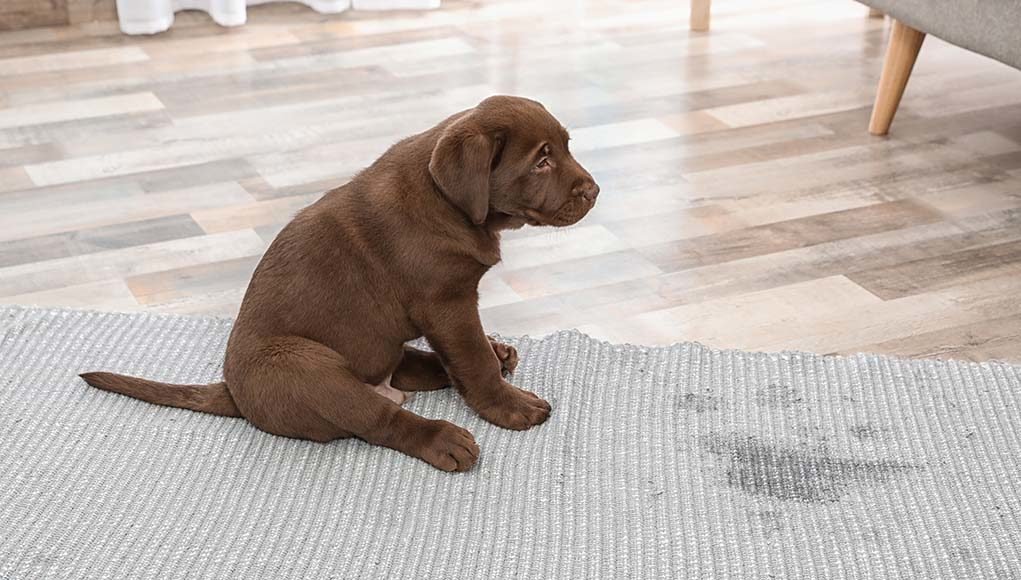
Housebreaking Tips:
- The four scenarios for eliminating are waking from a napping/sleeping, eating, drinking and playing! After these activities, take your puppy outside or lead to the wee pad.
- Use high value treats to reward urinating and defecating in the correct locations. Wait until a puppy is finished to praise, so you do not interrupt!
- Have a rate ( large enough just to stand and turn around in), or containment area ( playpen or gated area) for when you are not able to pay full attention to your puppy.
- Create a schedule of water/ food intake and bathroom habits for two weeks to understand your puppy’s schedule. Two-three meals a day and approximately six water intakes is average. What goes in must come out! Use the chart below!
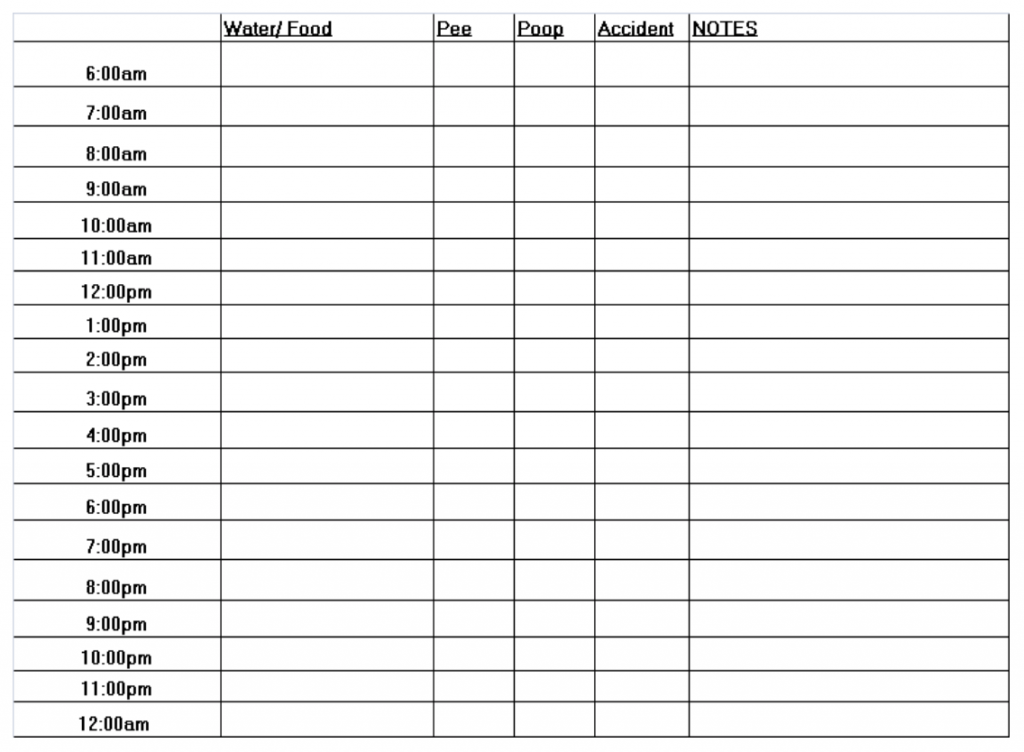
Suggested supplies:
- Chewing deterrent sprays
- Enzymatic spray for urine and feces
- Interactive treat toys
- Food: First three ingredients should not contain “byproduct”; consult your veterinarian
- Chews: long-lasting ones; ask your veterinarian
- Equipment: Harnesses that encourage loose leash walking
- Avoid: Choke chains, slips collars and martingales
Other Puppy Tips:
– Get your dog the exercise he needs! A tired puppy will be less likely to nip, chew destructively, bark, and wake up in the middle of the night.
– Ignore what you don’t like, praise what you do! Avoid reinforcing unwanted behavior
by touching your dog, picking him up, and talking or making eye contact with him.
– If you work from home, make an effort to leave your home for a few hours a day to
prevent separation distress.
– Try not to change your pups schedule drastically on the weekends. Make sure to leave him alone/ contained in an area for a few hours each day so Monday isn’t such a big change.
– Rotate toys–three toys out at a time and change them a couple of times a day. It will help keep your puppy interested.
– Save high-value chews and bones for when you most need them(departures, scheduled house services, bedtime, etc.) Don’t leave them out all day long!
– Find good playmates in your building or neighborhood. Set-up playdates as often as you can!
– Handle your dog constantly. Treat your dog as you touch his ears, snout and paws. Groom your puppy, and have your friends do it too! Teach your dog that good things
happen when they are gently poked and prodded! Your vet and groomer will love you!

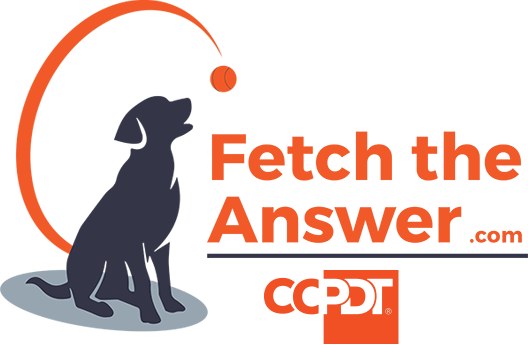
 FetchTheAnswer.com
FetchTheAnswer.com
